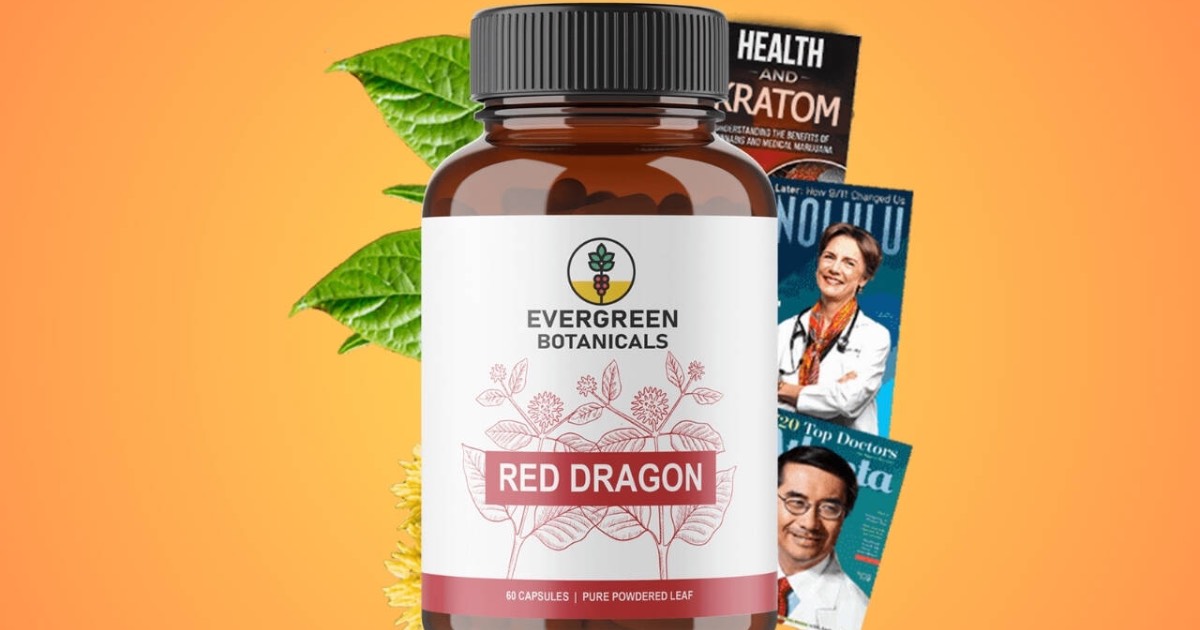The immune system is the body’s defense against infections, viruses, and diseases. In our modern, fast-paced lives, maintaining a robust immune system can sometimes be challenging, especially with the stress, pollution, and processed foods we often encounter. However, by making certain lifestyle changes, you can naturally strengthen your immune defenses. Below, we will explore 10 practical, science-backed ways to boost your immune system naturally through everyday habits, foods, and supplements.
1. Eat a Balanced Diet Rich in Whole Foods
One of the most effective ways to support your immune system is through proper nutrition. A diet rich in whole foods—fruits, vegetables, lean proteins, healthy fats, and whole grains—can provide the essential vitamins, minerals, and antioxidants needed for immune function.
Foods high in vitamin C, like citrus fruits (oranges, lemons, and grapefruits), are well-known for their immune-boosting properties. Vitamin C increases the production of white blood cells, which are crucial in fighting infections. Other essential nutrients include vitamin A (found in carrots, sweet potatoes, and spinach), which helps maintain the health of your skin and respiratory system—your body’s first line of defense against pathogens.
Zinc, found in seeds, nuts, and legumes, is another key nutrient for immune health, supporting the production and function of immune cells. Consuming a diet that is as close to nature as possible—minimizing processed foods and sugars—can reduce inflammation and improve the body’s defense mechanisms.
2. Stay Hydrated
Hydration plays a critical role in overall health, including maintaining a strong immune system. Water helps transport oxygen to your cells, move nutrients through your body, and remove toxins and waste products that can impair immune function.
Staying hydrated ensures that your body has enough fluid to maintain the mucous membranes in your respiratory system, which act as a barrier against bacteria and viruses. While water is the best option, you can also hydrate through herbal teas and water-rich foods like cucumbers, oranges, and melons. Aim to drink at least 8-10 glasses of water a day, and more if you’re physically active.
3. Get Regular Exercise
Exercise is not only good for cardiovascular health and weight management but also plays a significant role in boosting the immune system. Regular, moderate-intensity exercise like walking, cycling, or yoga enhances circulation, which allows immune cells to move freely throughout the body and do their job more efficiently.
Additionally, exercise has been shown to reduce inflammation and promote the healthy turnover of immune cells. However, balance is key—while moderate exercise strengthens immunity, over-exercising can have the opposite effect by increasing stress hormones and weakening immune function. Aim for about 30 minutes of moderate exercise most days of the week.
4. Get Plenty of Sleep
Sleep is one of the most overlooked factors when it comes to maintaining a strong immune system. During sleep, your body produces and releases proteins called cytokines, which help target infection and inflammation. A lack of sleep can reduce the production of these protective proteins and weaken your immune response.
For optimal immune health, adults should aim for 7-9 hours of quality sleep per night. Establish a calming nighttime routine that includes activities like reading or meditation, and avoid screens an hour before bed to help your body wind down and prepare for restorative sleep.
5. Manage Stress Levels
Chronic stress can significantly weaken the immune system, making the body more susceptible to illness. When you’re stressed, your body produces higher levels of cortisol, a hormone that can suppress immune function over time. Stress also promotes inflammation, which can further impair immune responses.
Managing stress through practices like meditation, deep breathing exercises, or even simple hobbies such as gardening or painting can have profound benefits on your immune health. Regular social interaction and maintaining close relationships can also help reduce stress and boost your well-being.
6. Incorporate Probiotics for Gut Health
A large portion of your immune system resides in your gut, making digestive health a crucial aspect of immunity. Probiotics are “good bacteria” that live in your digestive tract and help protect against harmful pathogens. By maintaining a healthy balance of gut bacteria, you can support your immune system’s ability to function properly.
Foods rich in probiotics, such as yogurt, kefir, sauerkraut, and kimchi, can help replenish and support a healthy gut microbiome. You can also take probiotic supplements, but always consult with your healthcare provider before adding supplements to your regimen.
7. Increase Your Intake of Antioxidants
Antioxidants are compounds found in plant-based foods that help protect your cells from damage caused by free radicals—unstable molecules that can harm your cells and weaken your immune system. Eating a diet high in antioxidants can reduce inflammation and improve your immune defense.
Foods rich in antioxidants include berries (blueberries, strawberries, and raspberries), dark leafy greens (kale, spinach), nuts, seeds, and beverages like green tea. These foods contain key antioxidants like vitamin E, vitamin C, and flavonoids, which help fight oxidative stress in the body.
8. Stay Active in Sunlight for Vitamin D
Vitamin D is critical for immune function, yet many people are deficient in this essential nutrient. The body naturally produces vitamin D when exposed to sunlight, making safe sun exposure an easy and effective way to boost your vitamin D levels.
Vitamin D plays a key role in regulating the immune response and helping your body fight off viruses and bacteria. If you live in a region with limited sunlight, especially during the winter months, consider taking a vitamin D supplement or consuming vitamin D-rich foods such as fatty fish (salmon, mackerel), fortified dairy products, and eggs.
9. Use Natural Supplements
Certain natural supplements have been shown to support immune health. Elderberry is a popular option that has been used for centuries to combat colds and flu due to its antioxidant and antiviral properties. Echinacea is another herb known for its ability to boost the immune system, particularly during cold and flu season.
Turmeric, with its active compound curcumin, is a powerful anti-inflammatory that can support the immune system. Garlic is another potent immune booster, thanks to its antimicrobial properties. When incorporating supplements, it’s always wise to consult a healthcare professional, especially if you have existing medical conditions.
10. Practice Good Hygiene
Finally, one of the simplest and most effective ways to prevent infections is to maintain good hygiene practices. Washing your hands regularly with soap and water for at least 20 seconds can significantly reduce the transmission of germs and viruses.
In addition to hand hygiene, ensure that your home environment is clean by regularly disinfecting surfaces, especially high-touch areas like doorknobs and light switches. During cold and flu season, avoid touching your face, especially your mouth, nose, and eyes, as these are common entry points for viruses.
Conclusion
Boosting your immune system naturally is not about quick fixes but rather adopting a holistic approach to health. By nourishing your body with whole foods, staying hydrated, exercising regularly, getting quality sleep, managing stress, and incorporating natural supplements, you can give your immune system the support it needs to protect you. These small, sustainable changes can make a big difference in your overall well-being and resilience against illness. Remember, consistency is key—start incorporating these habits today for long-term immune health.

